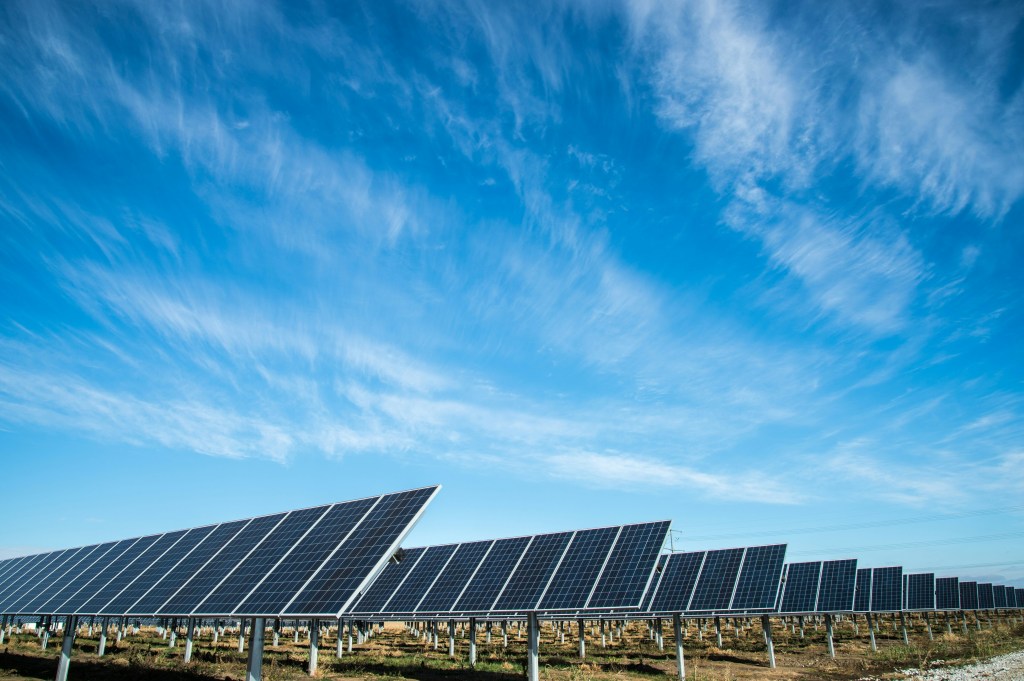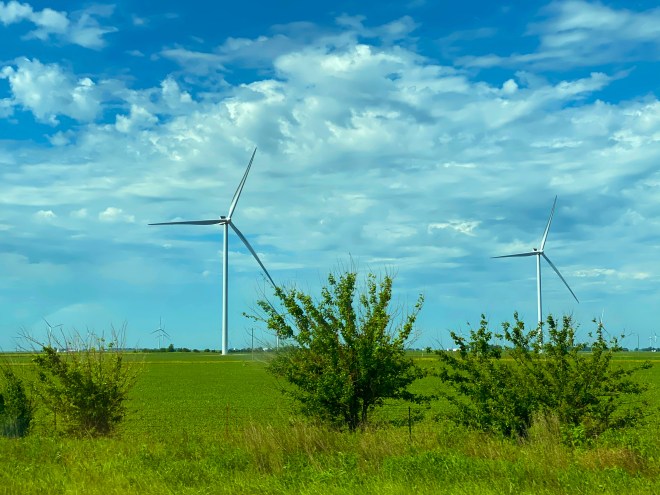As we head towards the future, there is a growing sense of anticipation for the steps that will be taken towards a greener planet. The recent years have seen an increasing concern for the environment, with a need for sustainable practices and the mitigation of carbon footprints. Realizing that our actions directly impact the Earth, the world is witnessing a remarkable shift towards embracing eco-conscious practices and curtailing carbon footprints, and augmenting climate sink for future generations. Amidst this global awakening, several nations have pledged to achieve net zero targets around mid-century, Africa, which contributes less than 4% to global carbon dioxide emissions, thus reducing uncertainty about the planet’s future.
The landscape of renewable energy paints a picture of both promise and disparity. Paraguay and Albania have set the bar high, surpassing the 95% mark in renewable energy efficiency, mainly with wind and hydropower, serving as beacons of inspiration for others to emulate. Meanwhile, nations like Saudi Arabia are harnessing the power of solar and wind energy, embarking on ambitious journeys to diversify their energy portfolios. By targeting to incorporate renewable energy sources into half of its energy mix by 2030, Saudi Arabia exemplifies the transformative potential of strategic investments in alternative energy infrastructure.

Yet, amidst selected triumphs, challenges persist. The global community grapples with the divergent strategies adopted by different nations in their pursuit of clean energy and sustainability. While some, such as India and Russia, have committed to phasing out fossil fuels in alignment with the recent COP28 climate agreement, others chart their course with varying degrees of urgency. India, home to a significant coal industry, faces the delicate balancing act of meeting its energy needs while transitioning towards greener alternatives. Conversely, Russia’s ambitious expansion plans for coal projects reflect a contrasting approach, underscoring the complexities inherent in reconciling economic and environmental perspectives.
In this narrative of Progress and challenges, stakeholders engage in frequent dialogues, as often observed in the several conferences of parties (COP); these platforms serve as fertile grounds for collaboration and innovation. Amidst these conversations, it’s crucial to consider emerging economic approaches. To achieve sustainability in a fair manner, there must be a conscientious balancing of economic growth, social development, and environmental conservation in emerging economies. Abrupt shifts to cleaner energy sources without adequate infrastructure could hinder growth, particularly during energy crises where reliance on fossil fuels persists. Africa, for example, must prioritize a gradual transition, integrating local policies, technologies, and global collaboration for a sustainable future.
Moreover, the global appetite for energy continues its upward climb, with Africa’s current consumption standing at 1.8 exajoules (EJ). Despite this, there’s a glimmer of hope on the horizon. Experts are bullish about Africa’s renewable energy prospects, citing an installed capacity of over 24 gigawatts as evidence of significant Progress. Projections point to a remarkable surge in renewable energy production by 2050, with an additional 27.3 EJ expected to come online. This trajectory not only signals a shift towards a cleaner, greener future but also positions Africa as a frontrunner in global renewable energy development.

The journey to Net Zero hinges on collective efforts across sectors. Governments, organizations, and individuals all have pivotal roles in shaping sustainability. Corporations, in particular, can lead by example, reducing their carbon footprint through renewable energy adoption and waste minimization. Governments must incentivize renewable energy and penalize emissions, while initiatives like afforestation and clean energy solutions in rural areas are crucial for sustainable development. Individuals can contribute by using eco-friendly transport and advocating for sustainability.
Yet, amidst these efforts, the shades of fossil fuels loom large, comprising approximately 80% of global energy consumption annually. While their abundance and affordability are undeniable, the imperative of sustainability demands a concerted effort to balance emissions without compromising the principles of net neutrality. Collaboration, especially among developing economies, is paramount in this endeavor, transcending geopolitical boundaries to pursue a shared goal.
